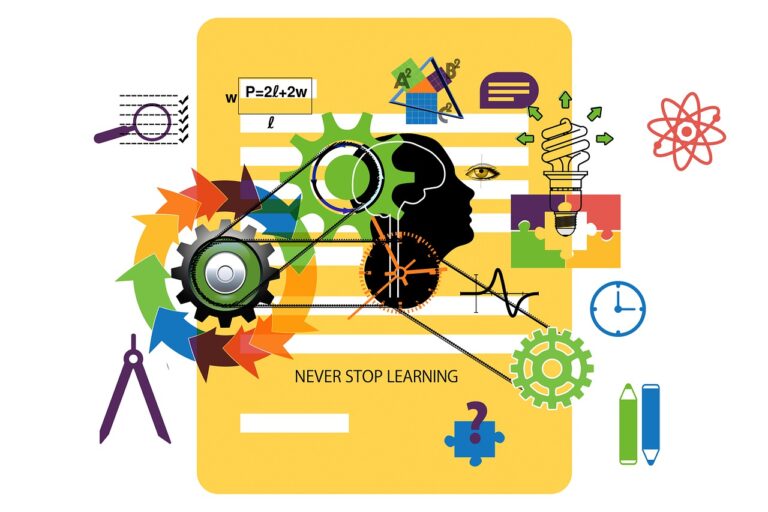The Role of Peer Mentoring in Effective Tutoring
betbhai9 com sign up, radheexchange, lotus 365.io:Educational institutions have long recognized the importance of tutoring in helping students achieve academic success. Whether it’s struggling with a difficult subject or wanting to improve overall performance, tutoring can provide the extra help and support that students need to reach their full potential. However, the effectiveness of tutoring can be significantly enhanced through the use of peer mentoring.
Peer mentoring involves pairing a more experienced student with a less experienced one to provide guidance, support, and encouragement. This approach to tutoring has been shown to be highly effective in improving student outcomes, as it creates a positive and supportive learning environment that fosters collaboration and engagement.
Here are some key reasons why peer mentoring plays a crucial role in effective tutoring:
1. Building Trust and Rapport: Peer mentors can often relate more easily to the challenges and struggles that their mentees are facing, which helps to build trust and rapport quickly. This trust is essential for facilitating open communication and creating a safe space for students to ask questions and seek help.
2. Personalized Support: Peer mentors can provide personalized support tailored to the specific needs and learning styles of their mentees. They can offer insights, tips, and strategies that are relevant and helpful, based on their own experiences as students.
3. Enhancing Communication Skills: By working closely with their mentees, peer mentors can develop strong communication skills, including active listening, empathy, and constructive feedback. These skills are not only beneficial in tutoring but also important for success in future professional endeavors.
4. Creating a Sense of Community: Peer mentoring can help foster a sense of community and belonging among students, which is crucial for overall academic success. By connecting students with their peers, mentoring programs can help combat feelings of isolation and promote a collaborative learning environment.
5. Boosting Confidence: Peer mentors can provide positive reinforcement and encouragement to their mentees, helping to boost their confidence and self-esteem. This support is invaluable in helping students overcome challenges and achieve their academic goals.
6. Promoting Peer Learning: Peer mentoring encourages a culture of peer-to-peer learning, where students can learn from each other’s experiences and expertise. This collaborative approach to tutoring can lead to deeper understanding and retention of course material.
In conclusion, the role of peer mentoring in effective tutoring cannot be overstated. By harnessing the power of peer relationships, educational institutions can create a supportive and engaging learning environment that empowers students to succeed. If you’re considering tutoring for yourself or your child, be sure to explore programs that incorporate peer mentoring for maximum impact.
FAQs:
Q: How are peer mentors selected?
A: Peer mentors are typically selected based on their academic performance, communication skills, and ability to empathize with others. They may undergo training to prepare them for their role and ensure they are equipped to provide effective support.
Q: What is the difference between peer mentoring and traditional tutoring?
A: While traditional tutoring typically involves a professional tutor providing academic assistance, peer mentoring involves a more experienced student guiding and supporting a less experienced one. Peer mentors can offer insights and advice based on their own academic experiences, creating a more relatable and supportive learning environment.
Q: Can peer mentoring be beneficial for all students?
A: Peer mentoring can be beneficial for students at all levels, from elementary school to college. It can provide valuable support and encouragement to help students overcome academic challenges and achieve their goals.







